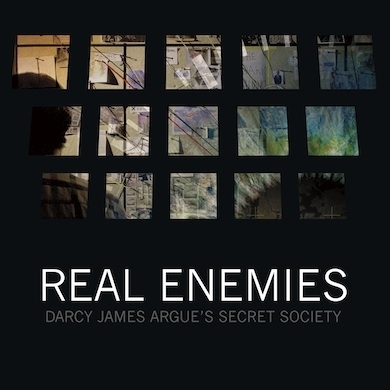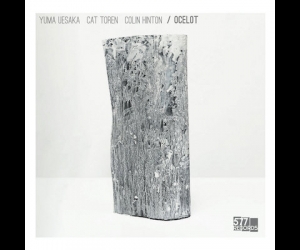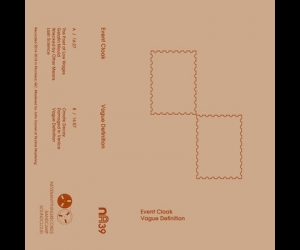
Its title meant to be taken satirically, Real Enemies is an extended multimedia meditation on paranoia and conspiracy theories—and you can dance to it. Created by Vancouver-born composer Darcy James Argue and interpreted by eighteen of New York’s top improvisers, the thirteen tracks delve into all manner of twentieth- and twenty-first-century conspiracy theories, ranging from subversive Communist threats to UFO sightings. Perceptive sonic pinpoints are added by a slew of soloists, and the thesis is amplified through actor James Urbaniak’s reading of excerpts from various books on the subject, plus portions of speeches and mediations on the topic, along with denials of it, by figures as politically opposite as John F. Kennedy and Dick Cheney. As for the dancing part, tracks such as “Dark Alliance” and “Casus Belli” have the band cutting loose with stuttering trombone blats from either Ryan Keberle or Mike Fahie atop a Mambo-styled backbeat courtesy of Matt Clohesy’s electric-bass thumb-pops and Jon Wikan’s percussion slaps, building up to a rhythm that’s half Motown and half Mexican, allowing the music to swing, despite ponderous speeches about 9/11 on “Casus Belli.”
Echoes of the terpsichorean part of this danse macabre are obvious even on pieces such as the sardonically titled “Best Friends Forever.” Elevated tones from the drums, as well as Adam Birnbaum’s tinkling electric-piano fills, gradually become speedier, the better to reflect the growing paranoia personified by Rob Wilkerson’s staccato alto-saxophone solo. Throughout, the compositions undulate with sophisticated time and tempo changes while asides ranging through piccolo peeps, Ingrid Jensen’s plunger trumpet explosions, and Sam Sadigursky’s snarling saxophone riffs succinctly underline and challenge the notion of insidious menace expressed in many of the voiced sentiments. Argue’s skill as an orchestrator has added a dollop of musical skillfulness to these paranoid delusions. That the suite wraps up with a repetition of its extended introduction adds a positive musical undercurrent to the depressing thesis illustrated throughout. It also confirms Real Enemies’ most memorable qualities.


